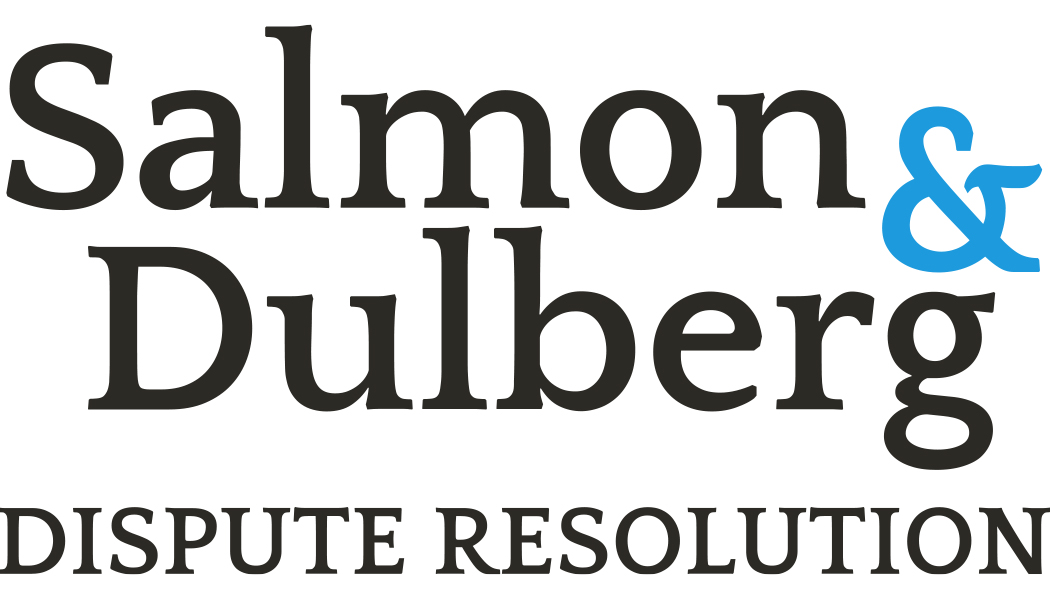Mediation
Mediation is a highly effective tool, which can facilitate the resolution of disputes, by allowing the parties to maintain an active and ongoing narrative as they work toward an amicable solution. Unlike court litigated cases, the parties are not losing control of the outcome, which occurs when legal matters are presided over by a judge or jury.
The goal of the mediation process is to reach an amicable resolution through the efforts of the parties. The mediator will use patience, persuasion, skills, knowledge, and tenured experience to encourage and facilitate a dialogue, which will help the parties reach a mutually agreeable outcome.
As an unbiased professional, the mediator always maintains neutrality. Regardless of the facts, the mediator does not encourage or dissuade one side over the other in working toward an agreement. However, the mediator may use their experience to explain the realm of possibilities that a court may impose on either or both parties. A mediator has no authority to render a decision or voice an opinion in favor of either party.
During the mediation process, the mediator will use the style most conducive to helping the parties reach an agreement. The process will consist of joint sessions and private caucuses with the mediator moving between the parties to discuss the relevancies of the matter. If the parties can reach an agreement, the mediator will help scribe a document, which the parties will sign. If with the parties cannot come to an agreement, an impasse will be declared by the mediator. As mediation is voluntary, either party may stop the mediation process at any time if they so desire.
Mediation is an excellent way to resolve disputes as it is non-adversarial, less costly than going to court, and the parties have more control over the outcome. Most mediation sessions last from a couple of hours to a day.
If the mediation is court required before the case is heard by the court, the results of the mediation are confidential and not shared with the court.

